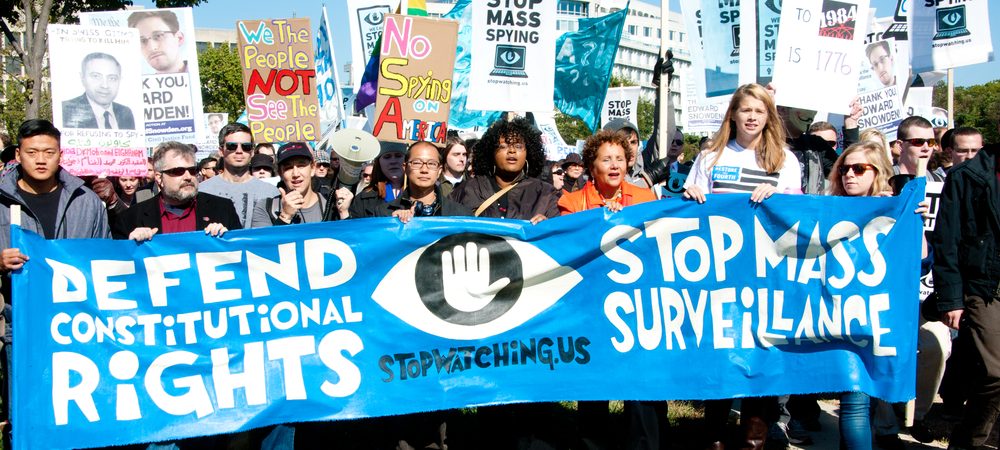The frantic situation created by the combined efforts of surveillance camera technology and “big data” has put the privacy of UK citizens at risk of being infested on a large scale. However, the citizens have either turned a deaf ear to this whole situation or they seem to be uncertain about the emerging threat. This might be because the threat is not taking the UK with a storm rather it is creeping its way down slowly into the society.
The two things – surveillance and privacy – seem to be poles apart. When looking into the discussions regarding the hot issue of mass surveillance, I am baffled to hear such reactionary attitudes of the parishioners saying that if one has done nothing wrong, illegal or unethical, then he should not fear his privacy being intruded by the government.
Nevertheless, a lot of citizens support this well-worn thesis. This is the reason why the government has strong footholds, through its law enforcing and spying agencies. Apart from the established surveillance programs and practices even those laws which are not meant to be perpetual, grow rapidly in a way one would refer to as “government creep.”
As a result, one would never have seen a government program discontinued. The same is the case with mass surveillance. This scenario will only be stressful for those individuals who enjoy freedom and privacy.
The pervasive CCTV coverage program is famous in our society as it provides non-disruptive protection, in their eyes. However, the pervasive camera coverage is accountable solely for threatening the assumed non-disruptive protection, particularly when it meshes with the equally emerging capabilities of big data.
“What most worries me is the impact of big data and integration of video surveillance,” said Porter, a former senior counter-terrorism officer who has just been reappointed for a second three-year term as surveillance camera commissioner. With the initiation of a new three-year strategy, Tony admitted that regulators and the government were struggling to keep up with the pace of technological change.
Now let’s first focus on the CCTV video surveillance. Body cameras and drones were never expected to become so much invasive that the footage being recorded captures anyone popping up in the frame and through facial recognition keeping the images stored forever. Such that, no one actually knows how often has he been on video.
Like Porter said, “I’m worried about overt surveillance becoming much more invasive because it is linked to everything else.” He further continued, “This technology is there to protect us, but there needs to be informed consent about what it is capable of doing. Body-worn video, for example, or facial recognition – that can identify people on databases who didn’t know they were on databases.”
The “government creep” perception is supported through an example when police were granted power to boost their security by holding the car number-plate records for two years. This was attained through CCTV cameras equipped with ANPR (automatic number plate recognition) software. However, in 2017 yet the police have not been authorized to this power.
This whole surveillance program is carried out with such liberty because the government is not at all intimidated by the purblind society.
The risk of exposure is greatly increased with the surveillance camera and system development. Tony believes that such a threat is stashed away largely in surveillance video being linked to the Internet. He states, “Surveillance cameras are becoming much more integrated into the internet … The problem is when new and advancing technology is brought together by well-meaning people that actually invades people’s privacy, or worse, leaves privacy at risk of theft or uploading on YouTube.”
This ubiquitous technology has even intruded in the privacy of hospitals and is utilized for the mass-immigration crisis for the surveillance of fugitives. Many examples of such surveillance conditions can be witnessed in our society but the citizens stay unaware of the intrusion in their privacy. This repugnant situation is not going to get better therefore, we must act up to fight back the mass surveillance.
Share this article
About the Author
Rutaba Rais is Editor at Be Encrypted with focus on Technology and Internet Security. Apart from her Healthcare background, she has interests in Lifestyle, Journalism, and expressing her opinion by her writing. You can follow her on Twitter.
More from Rutaba RaisRelated Posts
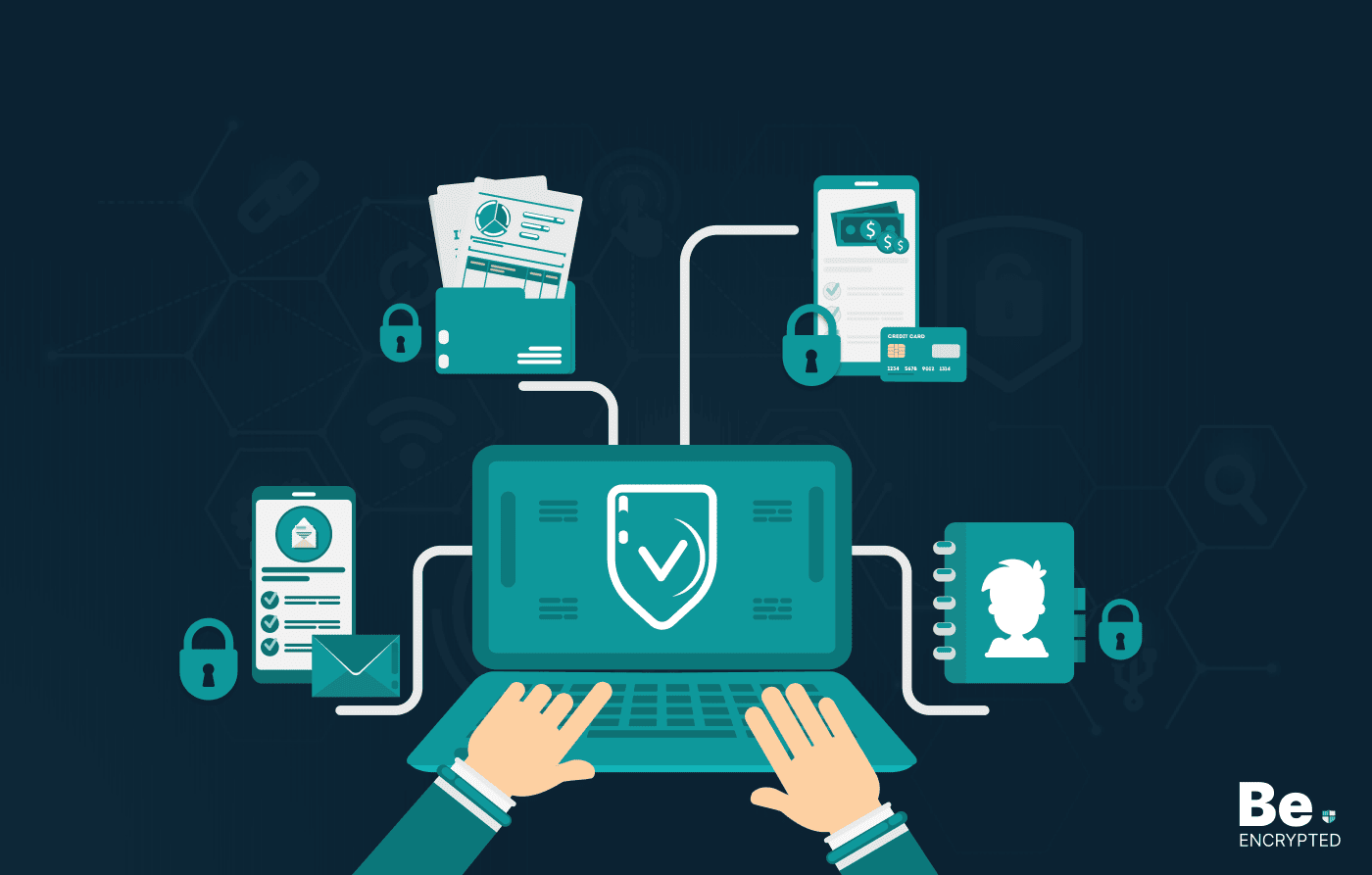
Passengers’ Data Stored on User Devices, not on DigiYatra Storage, says India Govt
KEY TAKEAWAYS Unblocking streaming content from Amazon Prime is easy only if you know the reliable V...
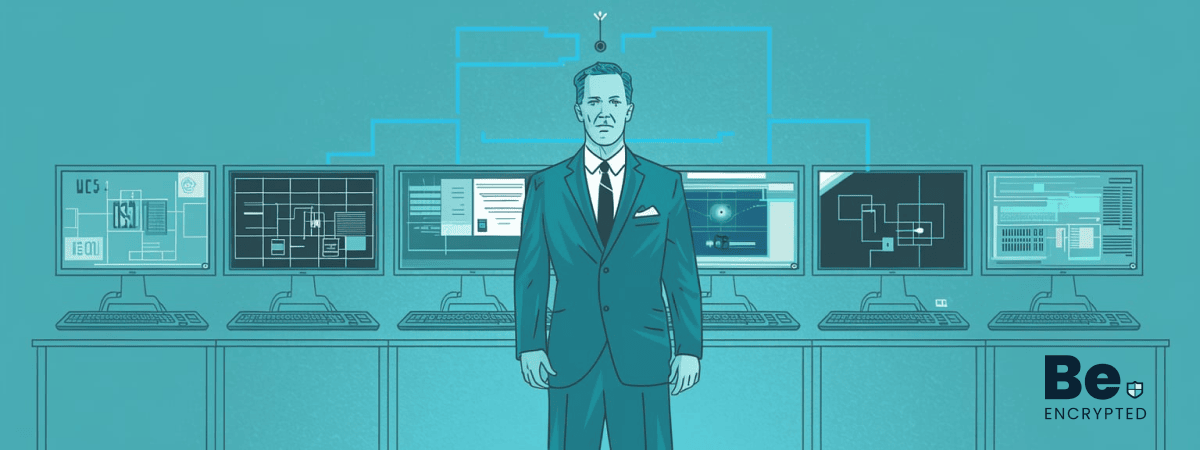
NCSC Chief: Clear Rules Needed to Prevent Cyberspace Conflict and Struggle
A safe and secure digital world necessitates a clear definition and enforcement of international cyb...

‘Revive’ has been upgraded to a banking Trojan on Android
This month, Cleafy’s security researchers discovered a new Android Banking Trojan in the wild....
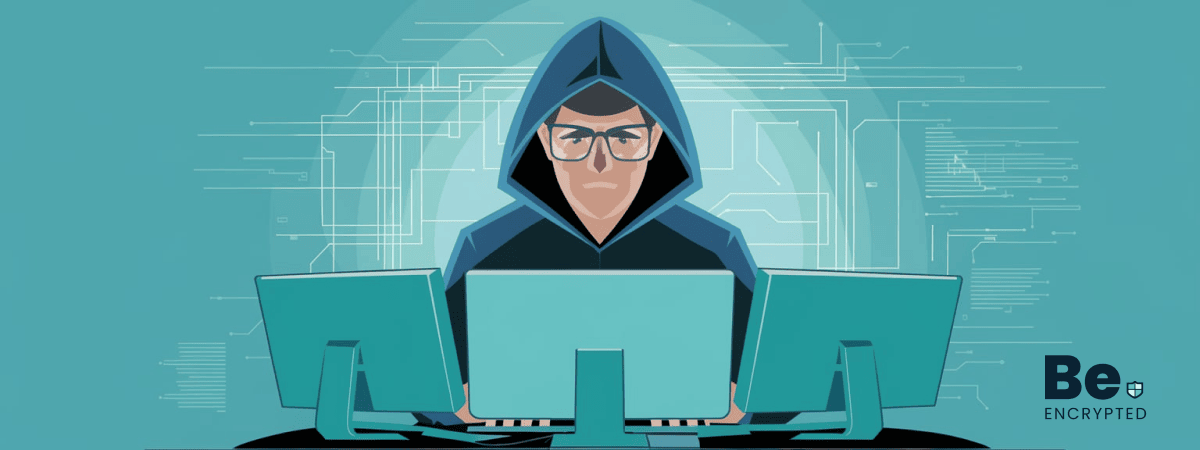
Asian Industrial Control Systems Targeted by Hackers Using the Shadowpad Backdoor
Unpatched Microsoft Exchange servers in various Asian countries were the target of an attack campaig...
Data Breaches Could Occur Due to Kubernetes Misconfigurations That Were Leaked.
Over 900,000 Kubernetes (K8s) have been discovered to be vulnerable to malicious scans and/or data-e...
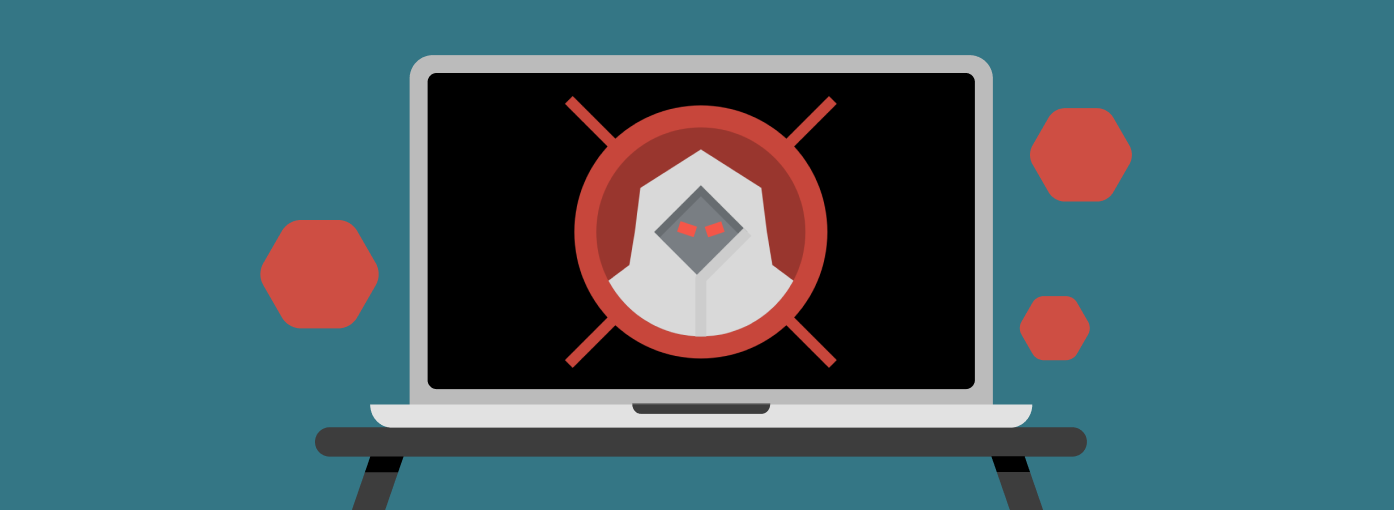
Attacks by Cybercriminals Will Become the Main Threat in 2024. Privacy Issues Tendencies
Internet Privacy is the main Concern today Advertisers track your online activities and interf...
